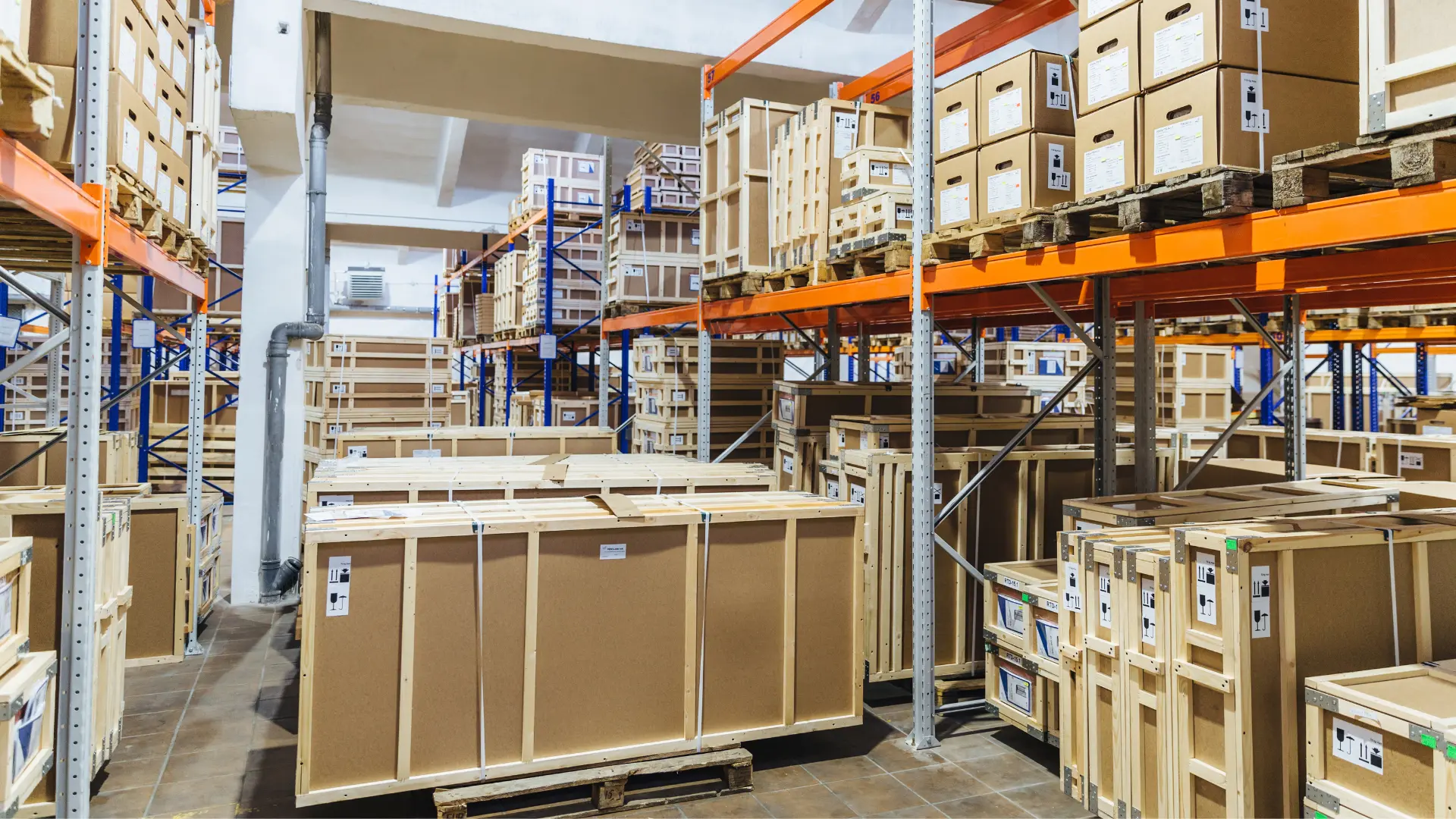In the world of logistics and transportation, many specialized terms can sometimes be confusing. One such term is “What is Linehaul Office.” If you’ve ever wondered what this term means and how it fits into the bigger picture of shipping and logistics, you’re in the right place. This guide will explain what a linehaul office is, its key functions, and how it contributes to the efficient movement of goods across regions or even globally.
Understanding Linehaul in Logistics
Before we dive into the specifics of a What is Linehaul Office, it’s essential to understand the concept of “linehaul” itself. Linehaul refers to the transportation of goods between major hubs or distribution centers, typically over long distances. It involves the movement of freight from one location to another by using various modes of transport, such as trucks, railroads, or even air freight.
This transportation is generally a core part of the supply chain, ensuring that goods are moved efficiently from one location to another before they reach the final point of delivery. Linehaul operations are critical because they connect regional or local distribution centers with larger hubs that might serve an entire country or continent.
What is Linehaul Office?
A What is Linehaul Office is a specific division or department within a logistics company, freight carrier, or transportation provider that handles and manages the linehaul operations. This office plays a crucial role in ensuring that the flow of goods from one hub to another is carried out smoothly, efficiently, and cost-effectively.
The main function of the Linehaul Office is to manage the coordination of transportation, monitor schedules, track shipments, and oversee the performance of linehaul operations. Additionally, they handle issues like route planning, cost management, fleet management, and compliance with transportation regulations.
In simpler terms, the Linehaul Office is like the control center for the long-distance transportation of freight. They ensure that everything moves according to plan and that issues such as delays, damages, or route inefficiencies are promptly addressed.
Key Functions of a Linehaul Office

The role of a What is Linehaul Office can vary slightly depending on the company or organization, but there are common functions that most linehaul offices perform:
1. Route and Schedule Planning
A major responsibility of the What is Linehaul Office is to plan the most efficient routes for transporting goods between locations. This involves considering factors such as distance, time, fuel costs, weather conditions, and road infrastructure.
Effective route planning ensures that shipments are delivered on time while minimizing costs. This could mean deciding whether to send a shipment via truck or rail or determining the optimal times for transportation to avoid traffic congestion.
2. Fleet Management
Another important aspect of the What is Linehaul Office is managing the fleet of vehicles used for transporting goods. The fleet could consist of trucks, trailers, or even railcars, depending on the type of transportation company.
The office ensures that vehicles are well-maintained, compliant with safety standards, and ready for use. They also monitor vehicle performance, including fuel consumption and maintenance schedules, to ensure the smooth running of operations.
3. Tracking and Monitoring Shipments
A What is Linehaul Office is responsible for tracking shipments and ensuring that they reach their destination without delays or issues. This might involve using tracking technology to monitor the location of freight in real-time and updating customers or clients on the status of their shipments.
If a shipment is delayed or rerouted, the Linehaul Office will be the first point of contact for resolving the issue. This involves liaising with drivers, dispatchers, or third-party logistics providers to ensure that the goods are delivered as quickly and safely as possible.
4. Cost Management and Budgeting
What is Linehaul Office operations can be expensive, especially when long-distance transportation is involved. One of the core functions of the Linehaul Office is to manage and reduce costs associated with linehaul operations. This includes budgeting for fuel, maintenance, drivers’ salaries, tolls, and other operational expenses.
By optimizing routes, reducing unnecessary delays, and maintaining efficient operations, the Linehaul Office helps the company stay within budget and improve profit margins.
5. Compliance and Regulation Management
Transportation is highly regulated, with many laws and guidelines governing the safety and environmental impact of moving goods across regions. The Linehaul Office ensures that all operations comply with local, state, and national regulations, which could include weight limits, driver hours of service, safety protocols, and emissions standards.
Staying compliant with these regulations is not only a legal requirement but also ensures that the company avoids penalties, fines, and legal issues that could arise from non-compliance.
6. Customer Service and Communication
What is Linehaul Office also handles communication between various stakeholders, such as clients, drivers, and other parts of the logistics chain. Whether it’s a customer asking for an update on a shipment or a driver reporting a delay, the office serves as a central point of contact for all linehaul-related inquiries.
Additionally, the Linehaul Office may be responsible for negotiating contracts with clients, ensuring that their shipping requirements are met, and that service-level agreements (SLAs) are upheld.
The Importance of a Linehaul Office in Logistics
The What is Linehaul Office Office plays a pivotal role in the broader logistics network, especially in large-scale operations. Here are some reasons why the Linehaul Office is crucial:
1. Optimizing Efficiency
The primary goal of a Linehaul Office is to make the transportation process more efficient. By optimizing routes, scheduling shipments effectively, and monitoring vehicles, they ensure that shipments are completed as quickly and cost-effectively as possible.
This efficiency not only reduces transportation costs but also leads to quicker delivery times, which can improve customer satisfaction and give businesses a competitive advantage.
2. Reducing Costs
One of the significant challenges of long-distance transportation is managing costs, particularly fuel, labor, and vehicle maintenance. The Linehaul Office is tasked with finding ways to reduce these costs through better route planning, more efficient use of the fleet, and negotiating better deals with service providers.
The savings generated from these efforts can help a company stay profitable while maintaining high-quality service.
3. Ensuring Customer Satisfaction
For any logistics or transportation company, customer satisfaction is key. A What is Linehaul Office ensures that shipments are delivered on time and in perfect condition, helping businesses meet customer expectations.
Additionally, by maintaining open lines of communication with clients, the office can address issues proactively and keep customers informed throughout the shipping process.
4. Managing Risks
Transportation is inherently risky. Weather conditions, traffic, accidents, and mechanical failures can all cause delays or damage to shipments. The Linehaul Office mitigates these risks by having contingency plans in place, monitoring weather forecasts, and ensuring that shipments are adequately insured.
Having a dedicated office that oversees these operations helps minimize disruptions and ensure business continuity.
Conclusion: The Role of a Linehaul Office is Indispensable in Logistics
What is Linehaul Office is an essential part of the logistics chain, particularly in companies that engage in long-distance transportation. By overseeing route planning, fleet management, cost control, and regulatory compliance, the Linehaul Office ensures that goods are moved efficiently and safely from one location to another.
Without the careful coordination and management of linehaul operations, businesses would face higher costs, delays, and inefficiencies. Thus, the Linehaul Office’s role in facilitating smooth, reliable, and cost-effective logistics cannot be overstated. Whether you’re a logistics provider, a freight carrier, or a customer relying on timely deliveries, understanding the linehaul office’s function is key to understanding how goods move across regions and beyond.
By improving efficiency and reducing operational risks, the Linehaul Office is integral to the success of modern transportation networks, ensuring that goods reach their destination as quickly and safely as possible.


[…] Selena Green has become a name to watch in the entertainment and social media industries. Known for her undeniable charisma and multifaceted talents, she has attracted a significant following in a relatively short period. Whether you know her for her acting, modeling, or simply as a social media personality, Selena’s rise to fame is a testament to hard work, dedication, and natural talent. […]